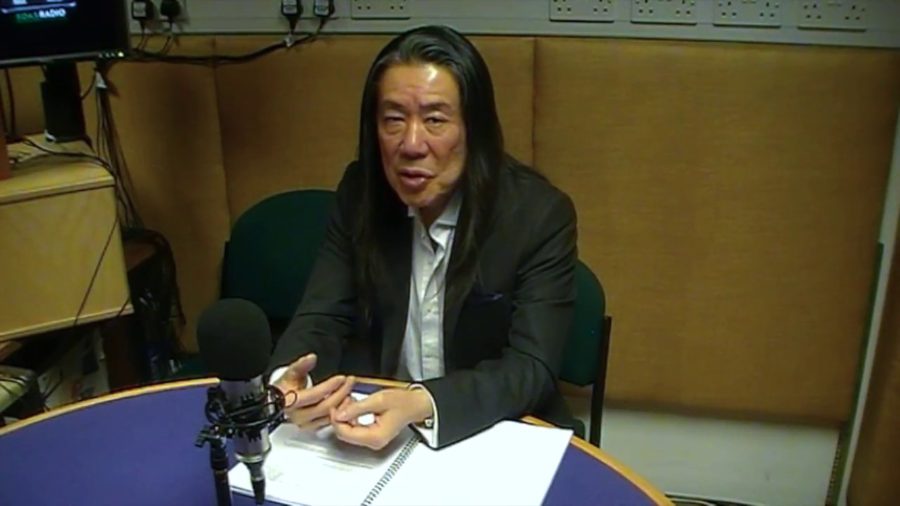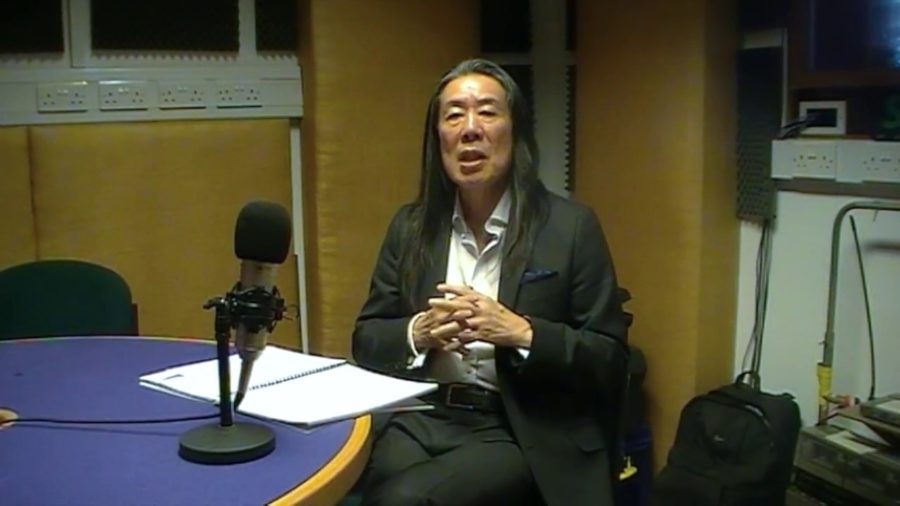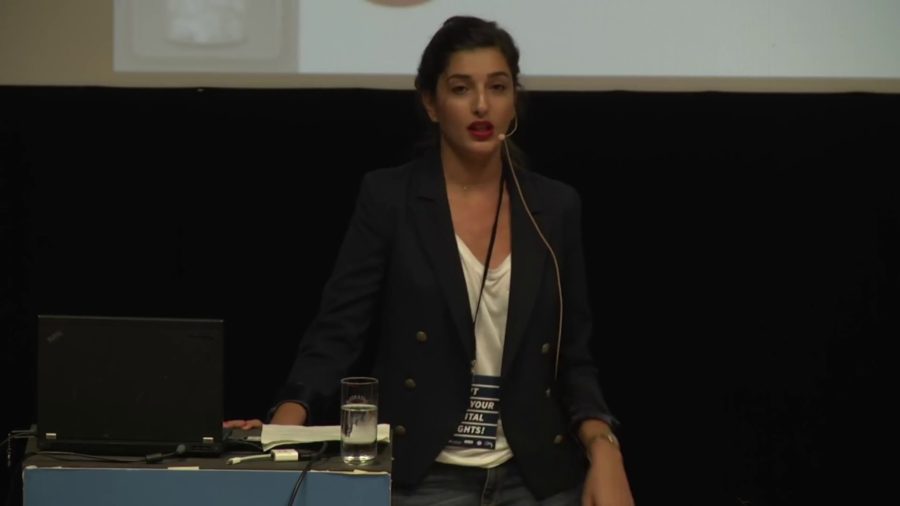We have been documenting and researching into human rights or digital rights violations that are taking place in Palestine and Israel. And one of the most recent case studies or work that we’re looking into is the use of predictive policing by Israel, which is rather a sensitive issue given that there isn’t a lot that we know about the subject.
Archive

As Israeli Zionism began acquiring a greater and greater orthodox determination, a determination to expand borders to what they were at the height of the Biblical sense of what had been Israel underneath King Solomon, the response of the Arab states and the response of the Palestinians was very divided.

It’s an emotive term, a value-laden term, every time we mention Zionism. In fact, as a modern doctrine—and that’s what it is, quite a modern doctrine—it’s only really been around a relatively short time. Really it came into being at the end of the 19th century, where pressure groups and Jewish congresses led by people like Herzl began to contemplate the possibility of a homeland for the Jews.
Throughout the colonies of the various European powers, water engineers used dams, ditches, and sluices to control the flow of water. They claimed that their approach to water management was more rational and efficient than existing indigenous approaches.

